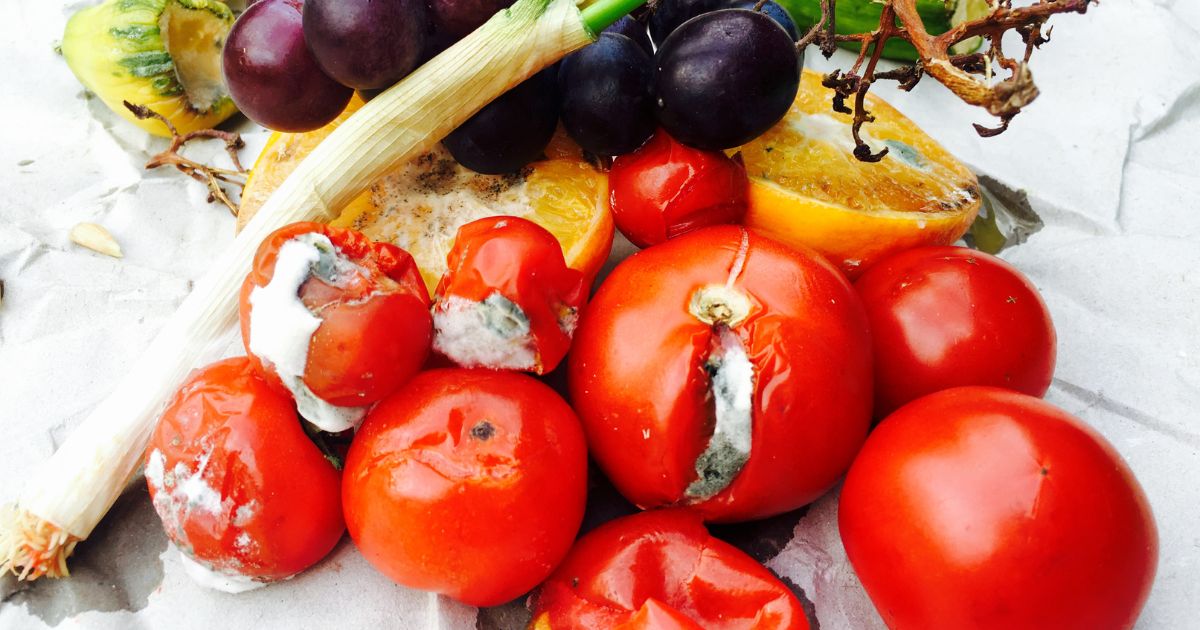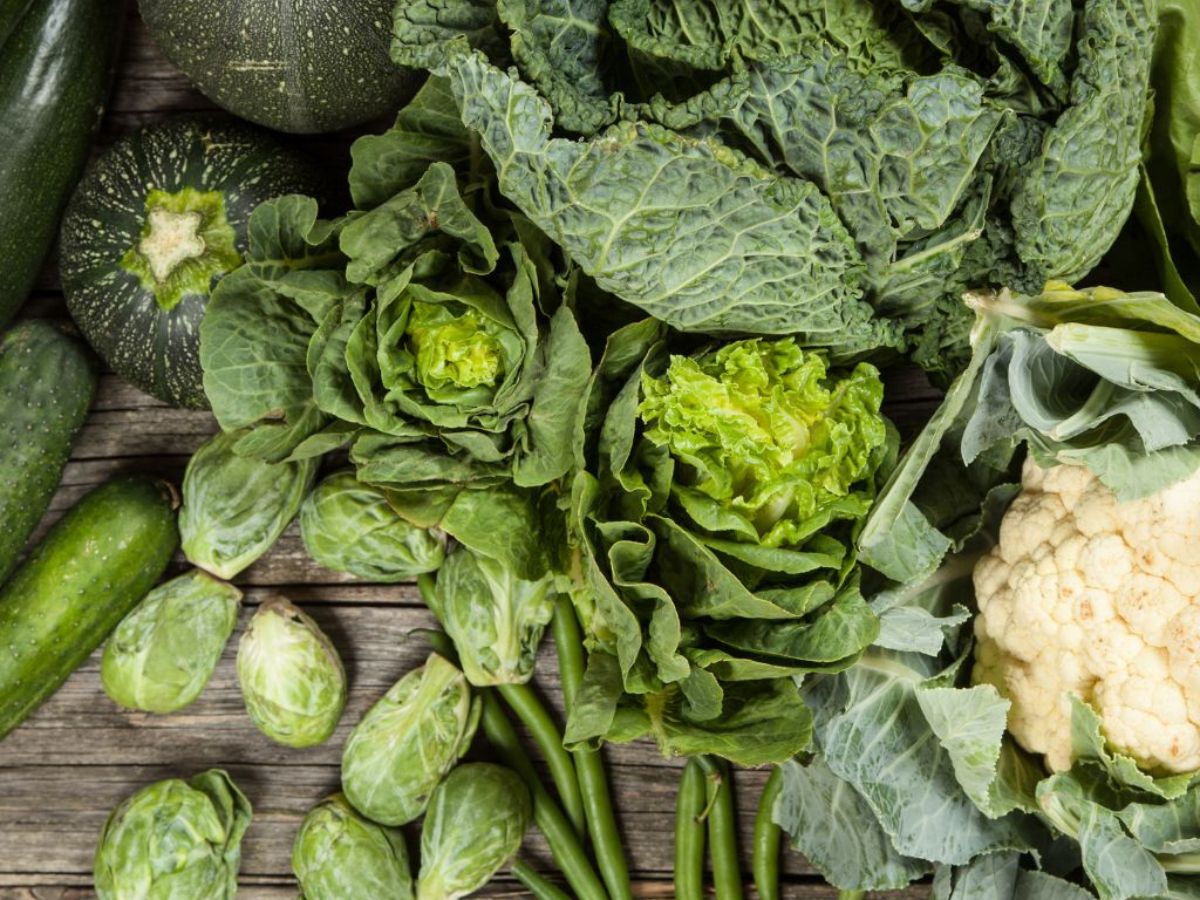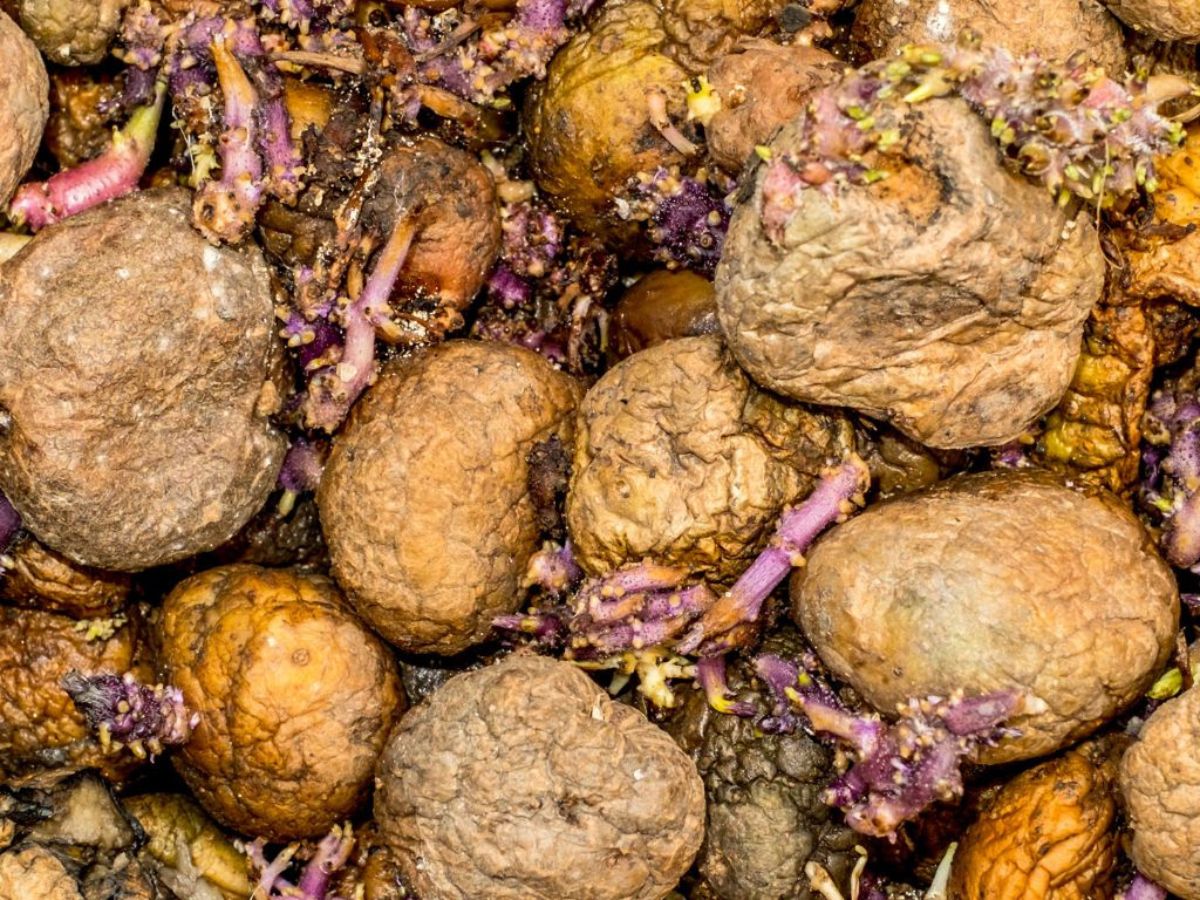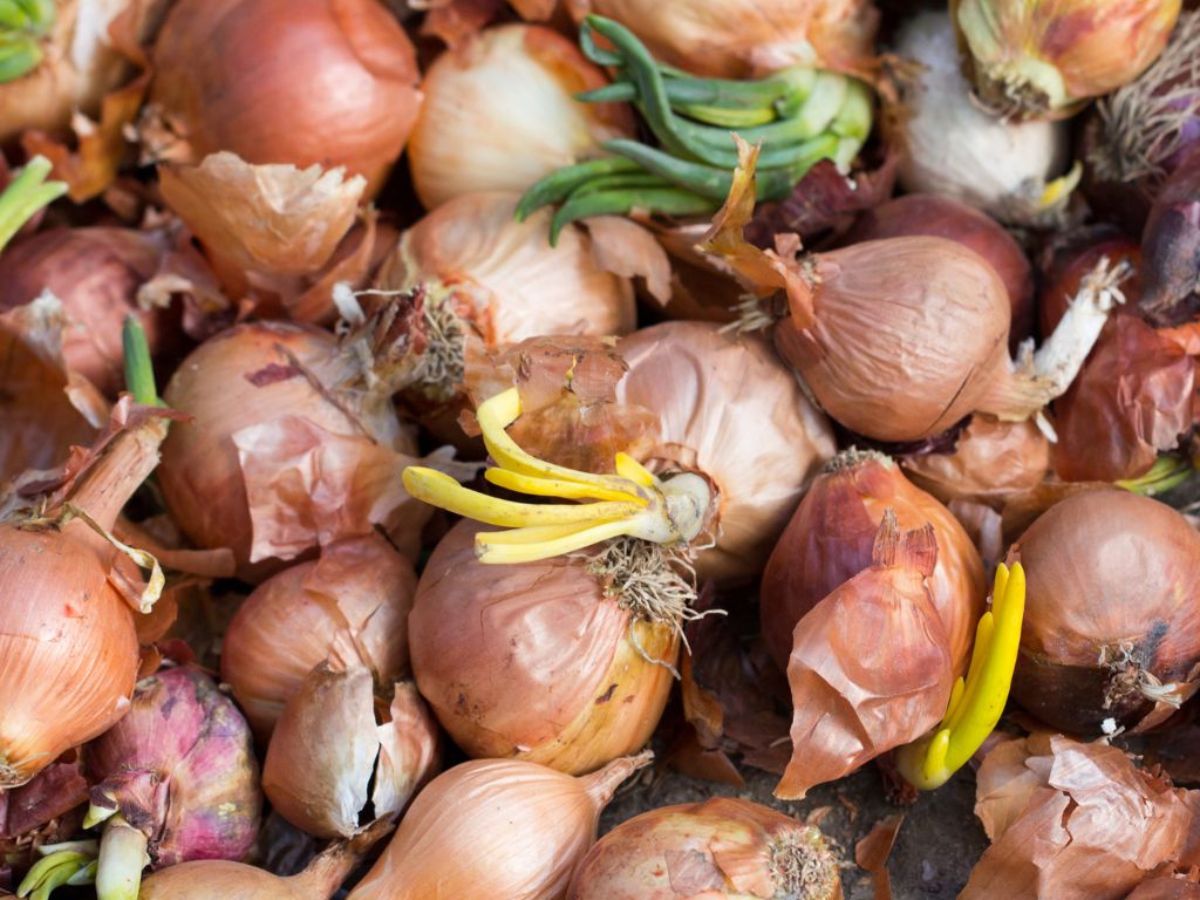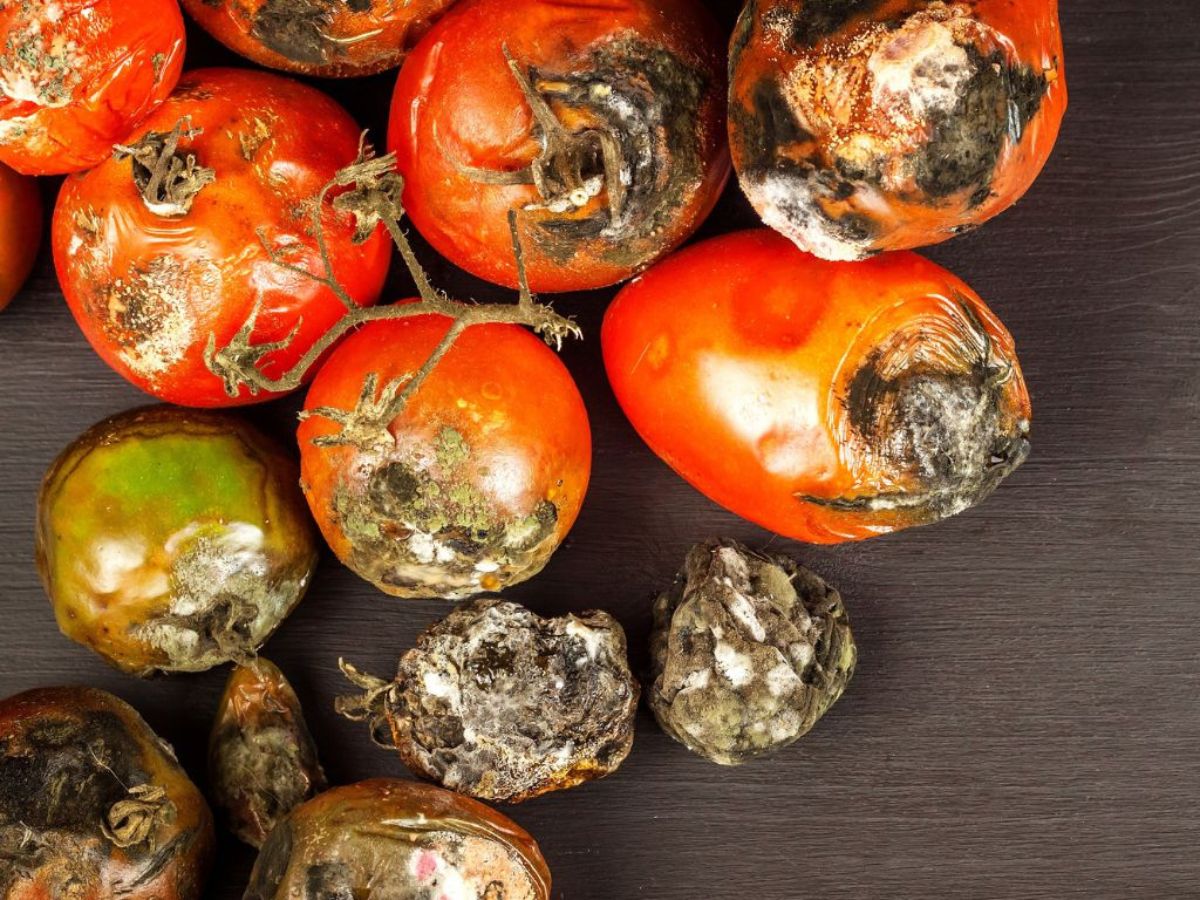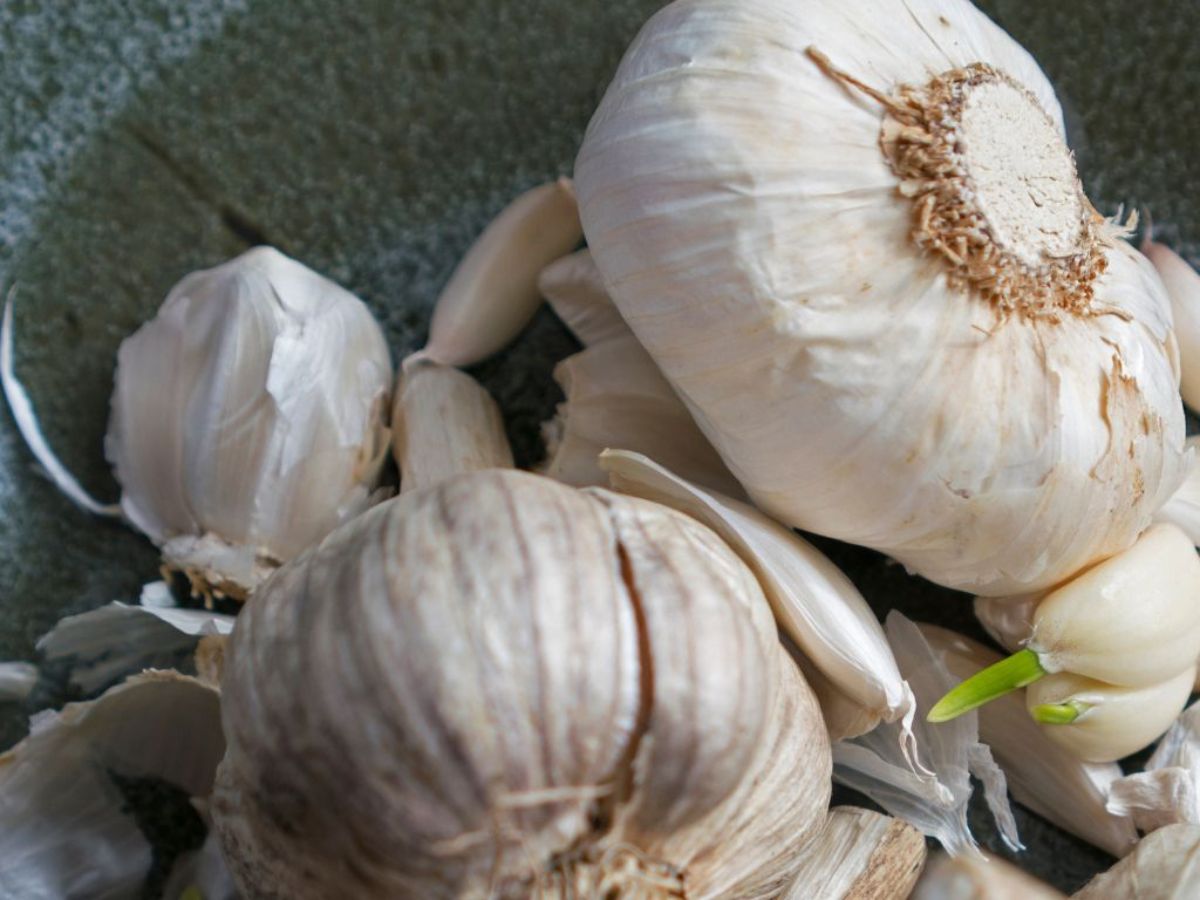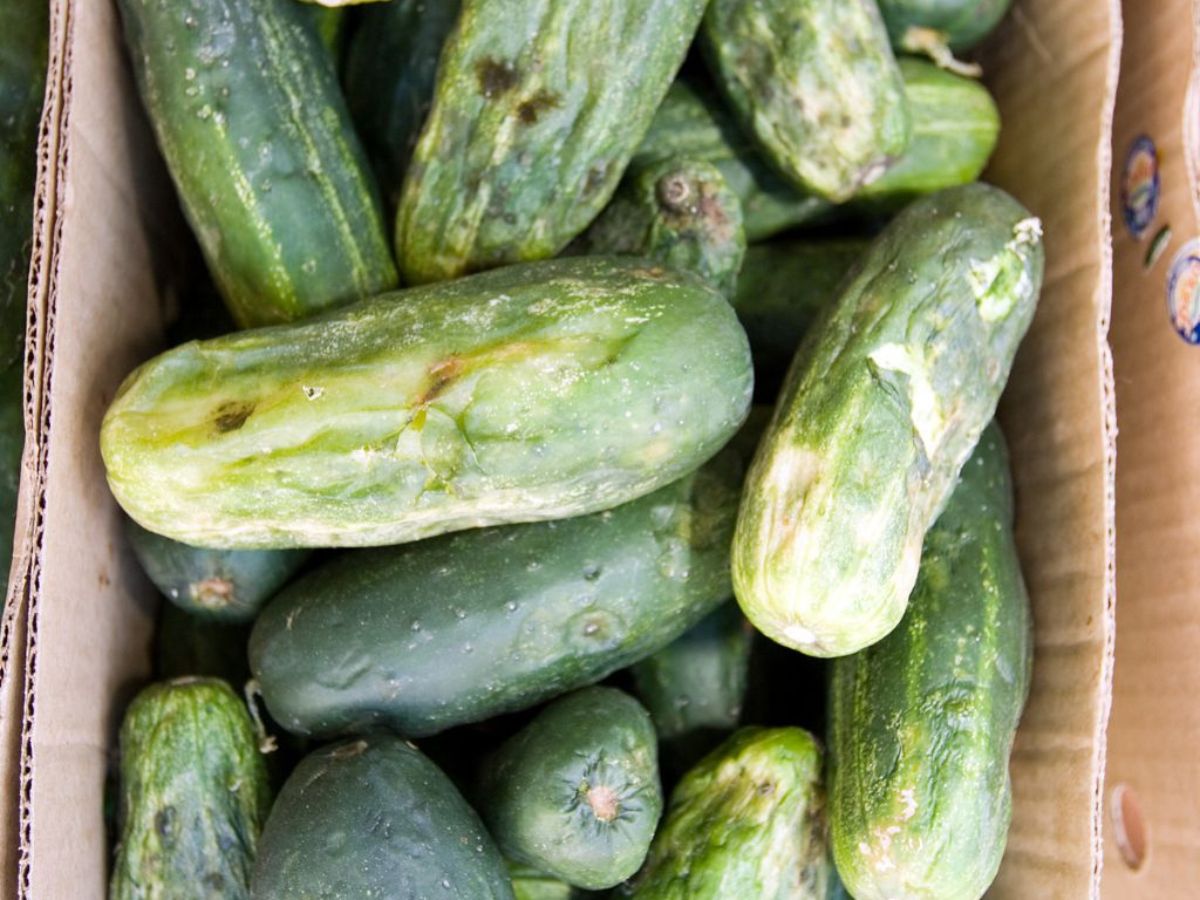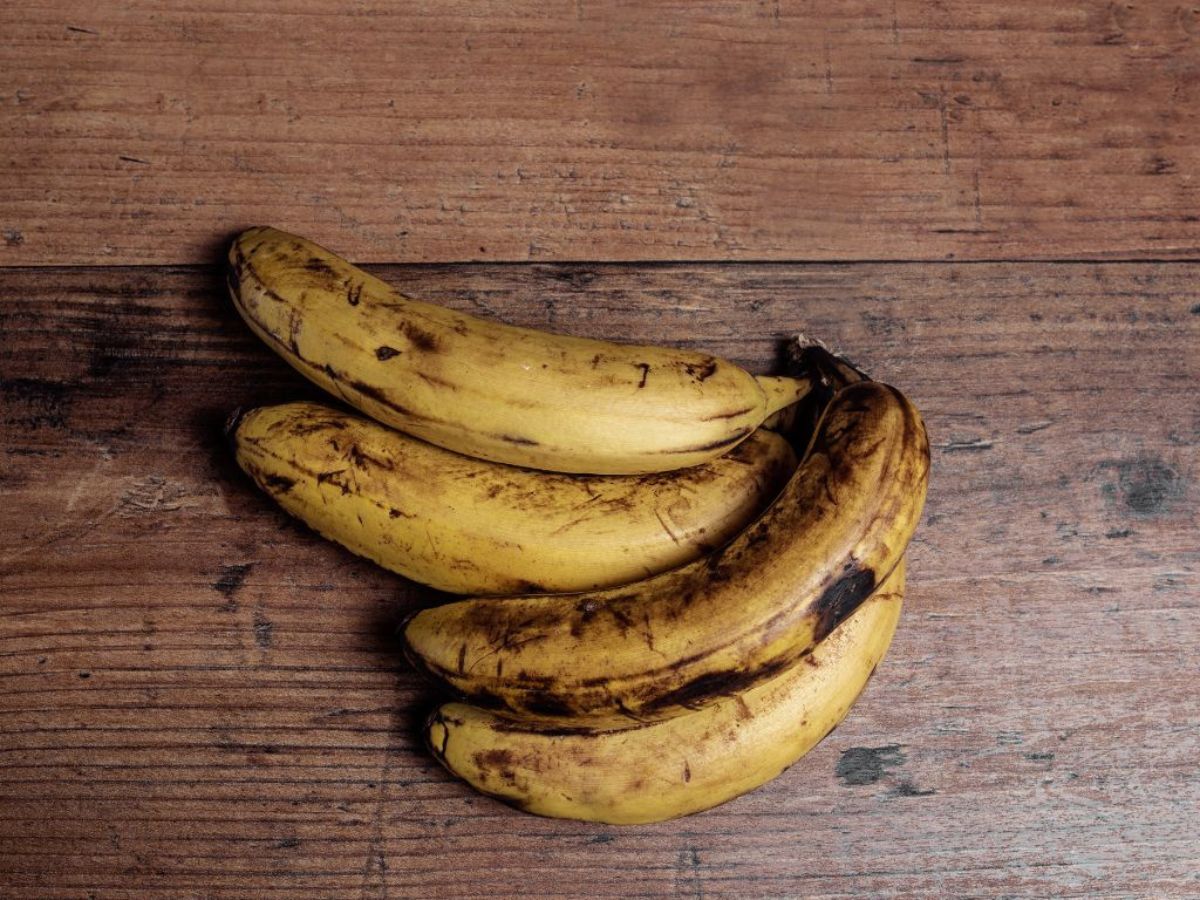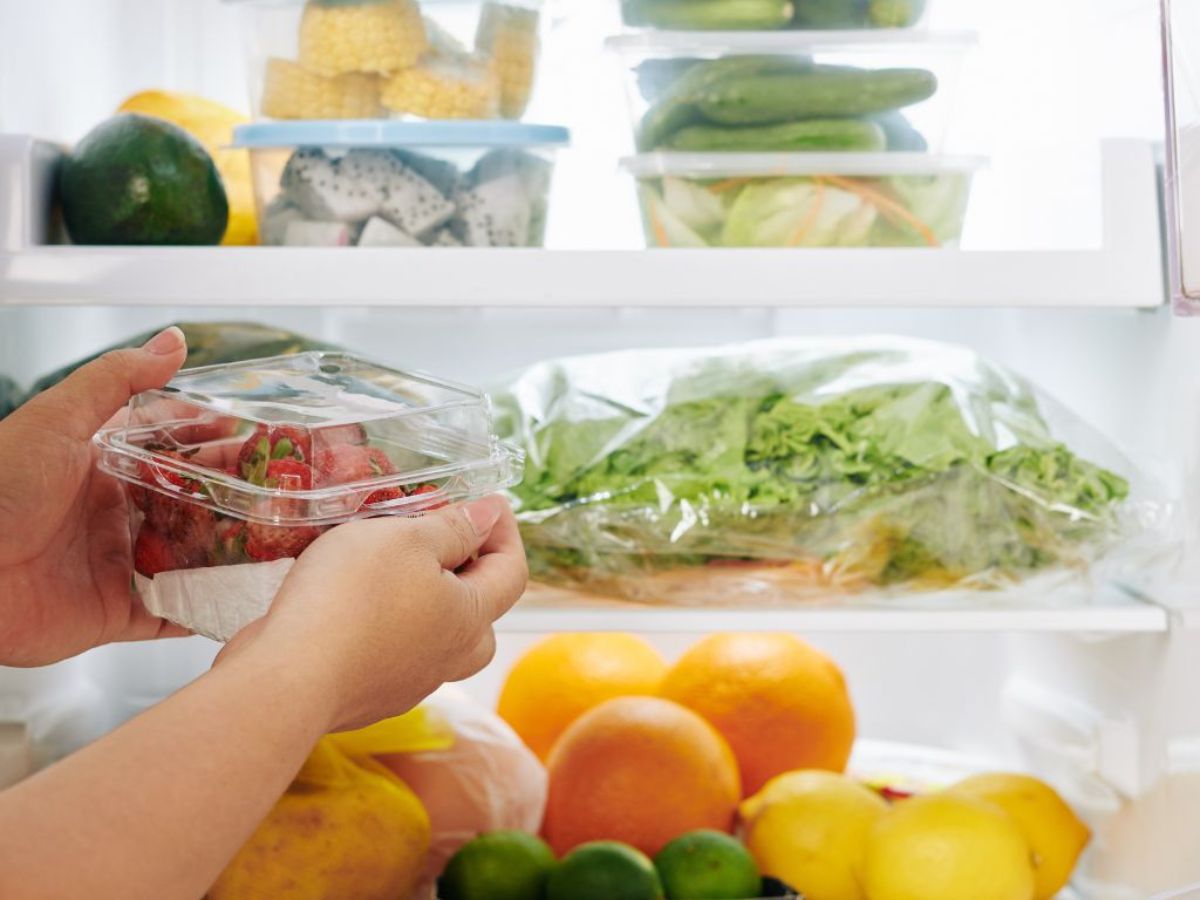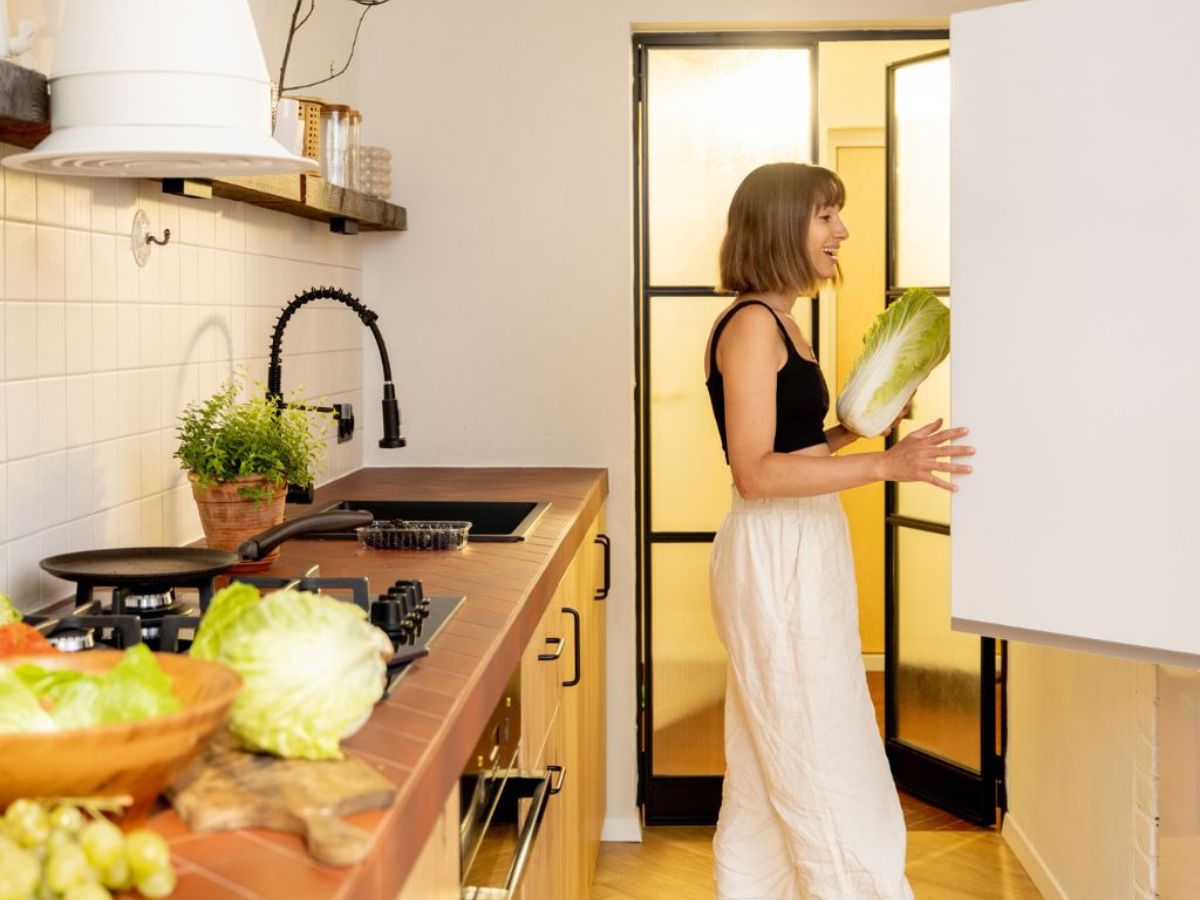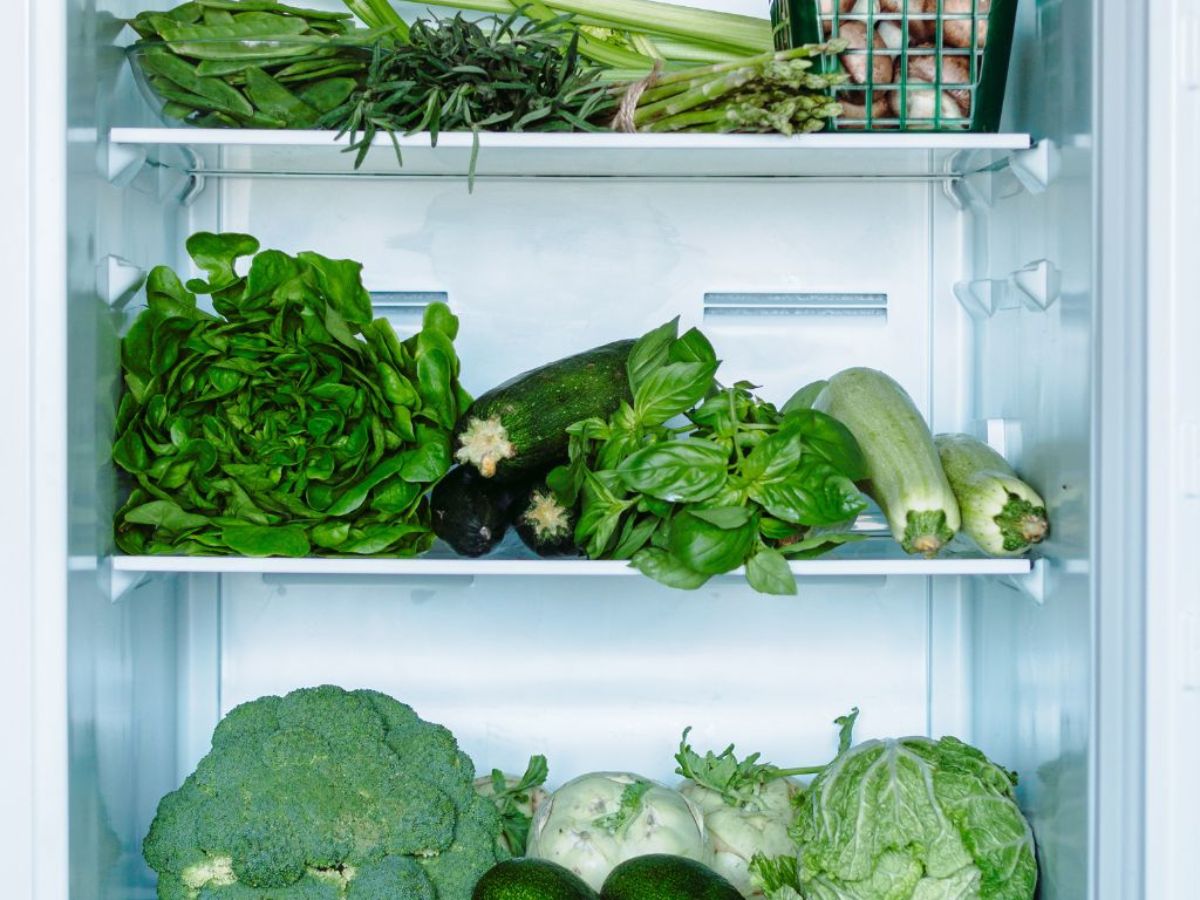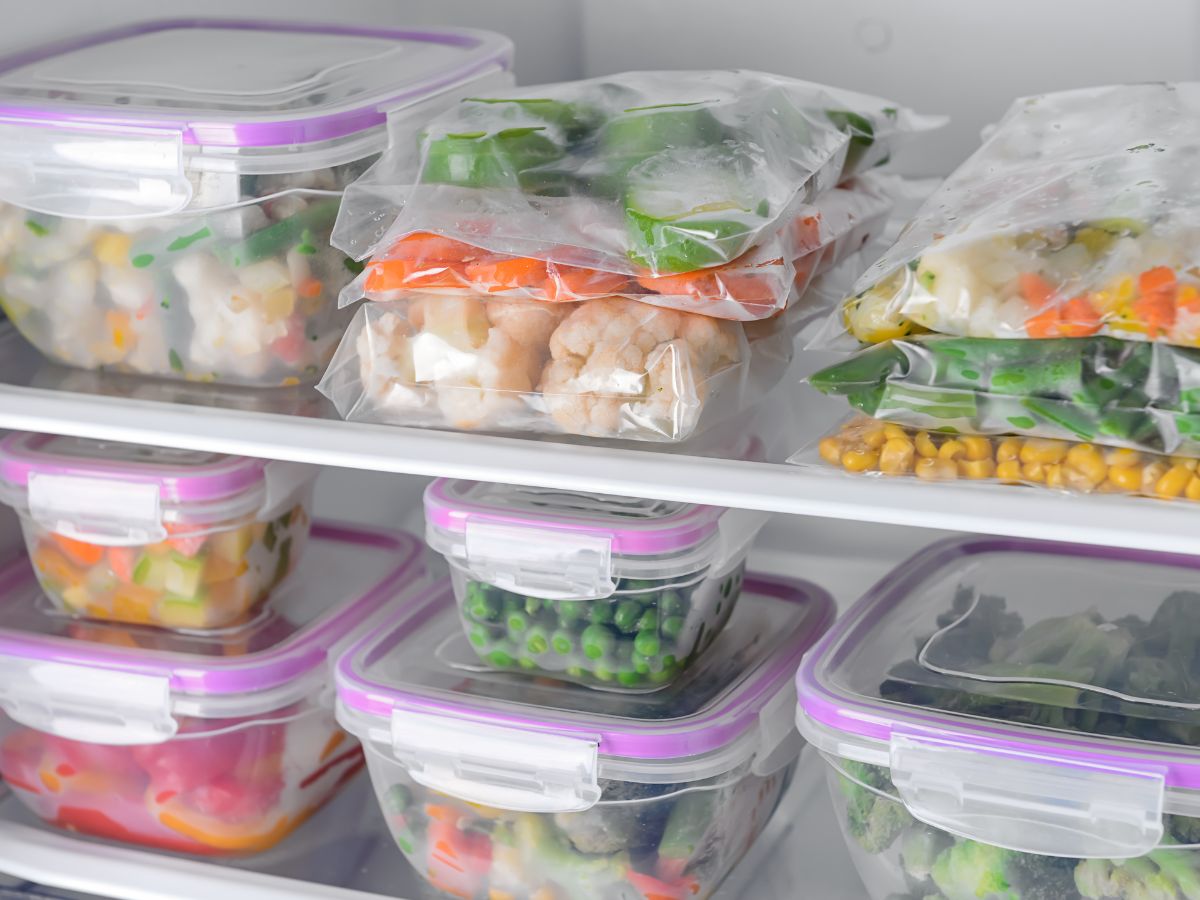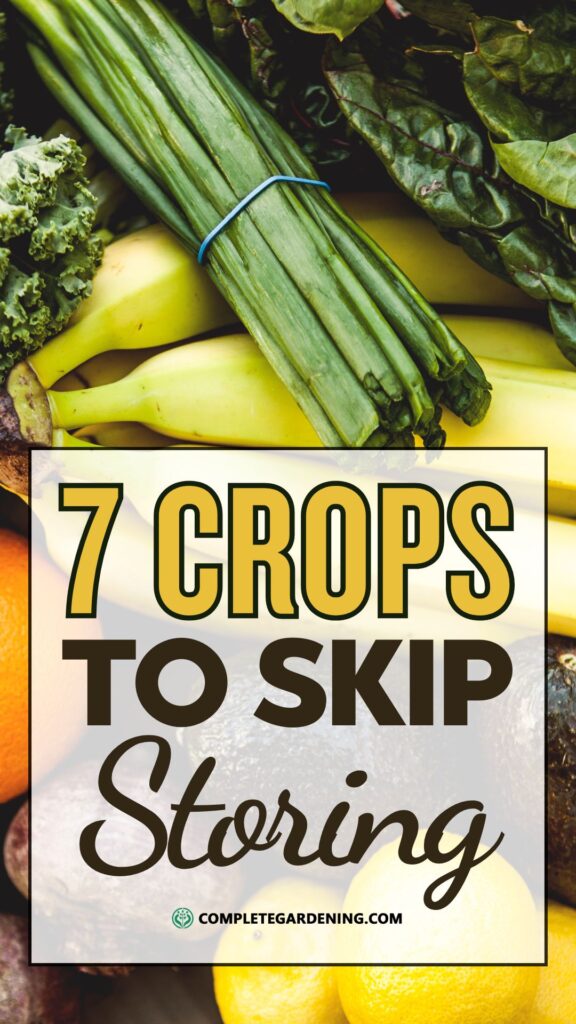If you’ve ever caught yourself throwing out more food than you’re actually eating, then you know the struggle of keeping your kitchen stocked without going overboard.
As much as I love walking through a farmer’s market or grabbing armloads of produce from the grocery store, it’s important to know that not all fruits and veggies are meant to last.
So, let’s dive into a list of seven crops you’ll want to avoid storing for too long. Trust me, your wallet and your taste buds will thank you.
1. Leafy Greens – They’re Wilting as We Speak
Who doesn’t love a crisp, fresh salad, right? But here’s the thing: leafy greens like lettuce, spinach, and arugula are notorious for going from garden-fresh to a soggy mess in a matter of days.
Once harvested, these greens begin to lose moisture fast, and if they’re left in the fridge for too long, they turn into a slimy disappointment.
Pro Tip: If you must store them, place a paper towel in your container to soak up extra moisture, but even then, don’t expect them to last longer than a week. Eating them as soon as possible is your best bet.
2. Potatoes – No Dark, Dank Cellars for These Spuds
Potatoes might seem like they last forever, but looks can be deceiving. While they’re a bit more durable than leafy greens, potatoes shouldn’t be stored for extended periods, especially not in cold, damp places like a basement.
What happens? They start sprouting or, worse, they can develop a bitter taste as the starches turn into sugars in colder temperatures.
Pro Tip: Keep your potatoes in a cool, dry place, like a pantry, but don’t put them in the fridge. And don’t forget to use them up before they sprout! Once those little eyes pop, you’ll want to use them quickly.
3. Onions – Too Long in Storage and Things Get Funky
Onions are another kitchen staple that people tend to overstock. While they can last a while, there’s a fine line between waiting until they’re perfectly caramelized and waiting until they’re mushy and sprouting.
If left in a humid environment for too long, onions will rot, and trust me, you don’t want that smell lingering around your kitchen.
Pro Tip: Store onions in a dry, well-ventilated space. Hanging them in a mesh bag works wonders. Just be sure to keep them away from potatoes – they tend to make each other go bad faster when stored together!
4. Tomatoes – The Cold Shoulder Doesn’t Do Them Any Favors
Here’s a mistake we’re all guilty of making: tossing those gorgeous tomatoes straight into the fridge.
While this might seem like the obvious thing to do, refrigerating tomatoes actually does more harm than good. Cold temperatures zap their flavor and turn the texture mealy. That’s not the fresh, juicy bite you were dreaming of, is it?
Pro Tip: Keep your tomatoes on the countertop where they can ripen at their own pace. Use them within a few days of reaching their peak ripeness for the best flavor.
Refrigerate only if you have to slow down the ripening process, but remember that you’ll sacrifice some of that perfect tomato taste.
5. Garlic – Just Because It’s Dry Doesn’t Mean It’ll Last Forever
I know, I know. Garlic feels like one of those ingredients you just expect to last forever. It’s small, tough, and hardy, right? Well, not quite.
Over time, garlic can dry out or sprout, and neither of those outcomes is something you want in your favorite recipes. Sprouted garlic becomes bitter, and dried-out garlic loses its flavor punch.
Pro Tip: Keep garlic in a cool, dry place, away from moisture and direct sunlight. Use it within a couple of months of purchase, and if you notice any green shoots, cut them out before cooking.
6. Cucumbers – Keep Cool, but Not That Cool
Cucumbers are one of those crops that thrive in warm weather but don’t handle cold storage well at all.
When cucumbers are exposed to temperatures below 50°F (10°C), they can get cold injuries. This means their skins turn soggy and their insides become watery – definitely not ideal for your crisp cucumber salads.
Pro Tip: Store cucumbers on the counter for a couple of days or in the crisper drawer of your fridge if you need to keep them a bit longer.
Just don’t let them sit there for more than a few days, or you’ll be tossing them in the compost bin instead of your salad bowl.
7. Bananas – Turning Brown Faster Than You Can Blink
There’s nothing worse than buying a bunch of beautiful bananas, only to watch them turn brown and mushy before you’ve even had a chance to eat one.
Bananas ripen quickly, and once they’re past that perfect sweet spot, it’s hard to get excited about them – unless you’re into making banana bread, of course.
Pro Tip: Store bananas at room temperature and separate them from the bunch to slow down the ripening process.
If they’re ripening too quickly, throw them in the fridge – yes, the peel will turn brown, but the fruit inside will stay fresh for a few more days.
Why Storing Produce Correctly Matters
Now that you’ve got the rundown on what not to store for too long, let’s talk about why proper storage matters.
Aside from the obvious fact that throwing out spoiled food is a waste of money, storing produce correctly helps you maximize its flavor and nutritional value. And who doesn’t want the best-tasting, healthiest food on their plate?
While avoiding storing the wrong crops for too long is crucial, there are a few extra tricks you can use to extend the life of your fresh produce.
1. Separate Ethylene Producers from Sensitive Crops
Ethylene is a natural gas produced by some fruits and vegetables that speeds up ripening.
Bananas, apples, and tomatoes are big ethylene producers, so keep them away from sensitive crops like leafy greens, cucumbers, and peppers to prevent premature spoilage.
2. Keep Your Fridge Organized
A cluttered fridge makes it easy to forget about the produce you have. Out of sight, out of mind, right?
Keep your fridge organized by using clear containers and labels so you can easily spot what needs to be eaten first.
3. Invest in Produce-Saving Gadgets
There are plenty of nifty gadgets on the market designed to extend the life of your produce, like ethylene-absorbing bags or fridge drawers designed specifically for fruits and veggies.
While they’re not essential, they can be a game-changer if you’re serious about reducing food waste.
When it comes to stocking your kitchen, it’s all about knowing what works and what doesn’t.
While we’d all love to believe that our favorite fruits and veggies will last forever, that’s just not the case. By understanding which crops to avoid storing for too long, you’ll save yourself from soggy salads, sprouting garlic, and disappointing potatoes.
And remember, the fresher your produce, the better your meals will taste. So next time you’re at the grocery store or farmer’s market, buy just what you need and enjoy those veggies while they’re at their peak.
Now, get cooking and enjoy the freshest flavors in every bite!
